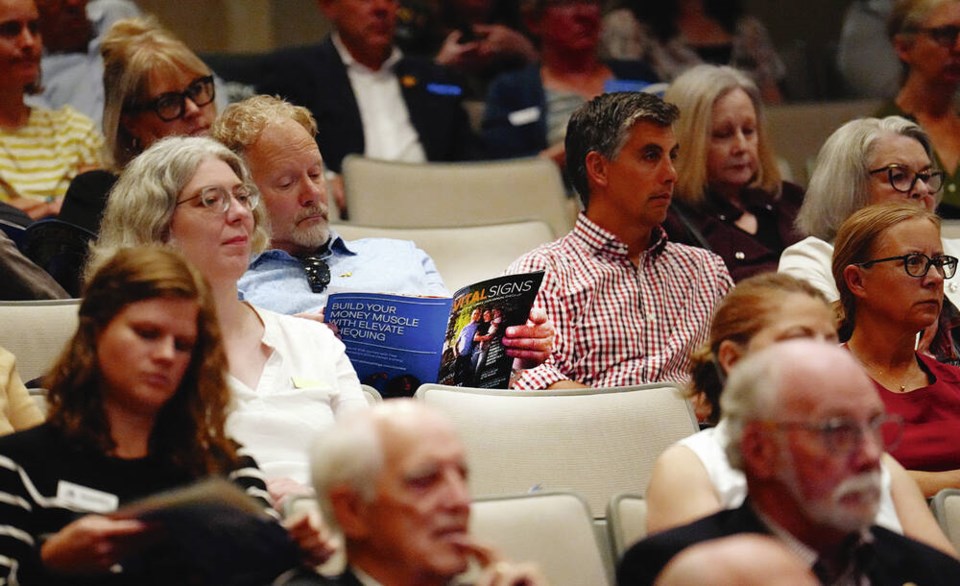Cost of living, housing and health care are among the top issues in the 2024 Victoria Vital Signs report, compiled by the Victoria Foundation.
The annual report, in its 19th year, is a “checkup” measuring the region’s vitality through the eyes of its residents, the foundation said.
This year, responses from a web-based survey taken by over 6,500 people — the largest group ever — combined with other data were used to see how people feel about 12 key issues.
Those issues range from housing and transportation to safety and environmental sustainability, with all being given letter grades based on public input.
Survey respondents were also asked for comments on quality of life, their perceptions of equity and inclusion, and how life will be for future generations.
The overall quality of life rating in the 2024 report for Greater Victoria is a B, the same as 2023 but a step down from the B+ in 2022.
“For nearly 20 years, Vital Signs has been helping the community identify and respond to the greatest challenges facing our region,” said Victoria Foundation chief executive Sandra Richardson. “Imagining a future where our grandkids and future generations can thrive begins with gathering a clear picture of the quality of life in Greater Victoria today.”
Four of the 12 key areas had a letter-grade change from last year.
The 2024 grade for housing fell from D in 2023 to D-, health and wellness fell from B- to C+, and standard of living also fell from B- to C+, but sports and recreation rose from B to B+.
Unchanged were environmental sustainability, and arts and culture with B, belonging and engagement with B-, and the economy with C+.
Also in the report, 65 per cent of people asked about work-life and home-life balance said they are satisfied with it, 68 per cent said they are likely to still be living and/or working in Greater Victoria 10 years from now, 52 per cent said that the region’s residents are committed to anti-racism, equity and inclusion, and 43 per cent said that those who are Black, Indigenous and people of colour have opportunities and are treated as equals.
Richardson said this year’s report is designed to be more interactive and engaging with a digital format that can be used on smartphones, tablets and computers.
The new online version is at while the magazine-style written report is available at locations throughout the community and online at .



